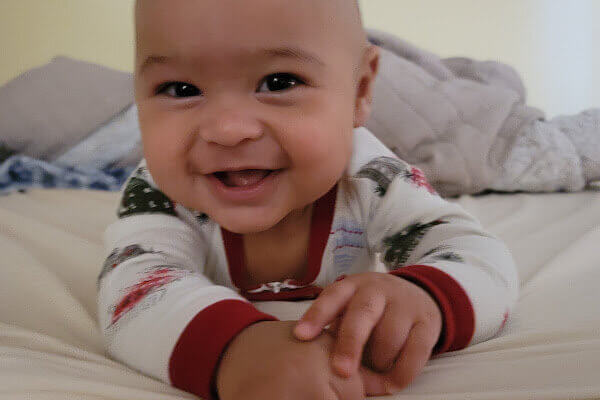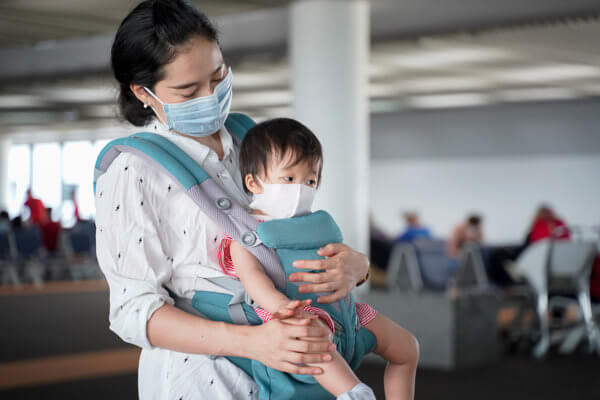Certain compounds in saliva are different in some children with autism spectrum disorders, a new study shows.
Italian researchers analyzed saliva samples from 27 children with autism spectrum disorders and 23 healthy children of the same age.
The scientists, who included Professor Massimo Castagnola of Rome’s Universita Cattolica, focused on small proteins and peptides, which are building blocks of protein, in the saliva samples.
Two-thirds of the children in the autism spectrum disorders group had at least one salivary peptide that differed from children without autism.
It’s not clear if autism was the reason for those differences or why those differences weren’t seen in all of the autistic children.
Still, analyzing those peptides might help to identify “a considerable subgroup” of people with autism spectrum disorders, and the peptide differences might trace back to the central nervous system, write Castagnola and colleagues.
The researchers note that their saliva test isn’t ready for widespread use. First, it needs to be tested in larger groups of people and more needs to be learned about the connection between the peptides and autism.
The study appears in the Journal of Proteome Research.
Article Courtesy of WebMd
Certain saliva compounds are different in some autistic children, Italian scientists report.



